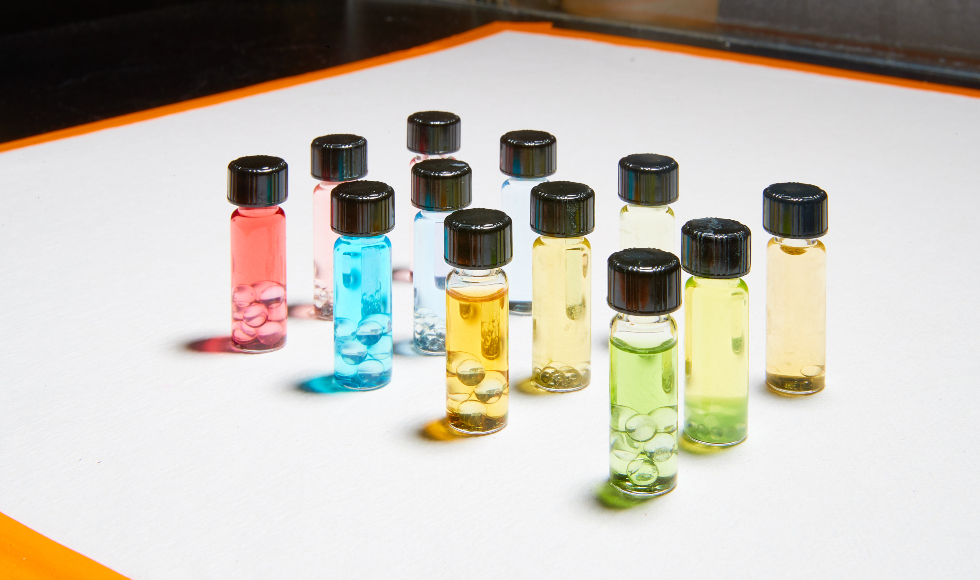McMaster scoops up $20M more for COVID-19 research

June 25, 2020
McMaster University has received $20 million in new funding for 17 COVID-19 research projects from the Canadian Institutes of Health Research (CIHR) and their funding partners.
McMaster had the second most funded grants though the COVID-19 Rapid Research Funding Opportunity which supported 139 projects across the country for a total of $109M.
The CIHR grants for McMaster are in addition to the $9M in COVID-19-related research announced earlier this month. Support for those projects came from all sectors of tri-council agencies, federal and provincial governments, foundations, private companies, and philanthropists, including Charles and Margaret Juravinski.
“This phenomenal success is yet another example of McMaster’s excellence in health research,” said Jonathan Bramson, vice-dean, research for the Faculty of Health Sciences.
“It is heartening to see that the funded research spans a broad range of themes from development of diagnostics and therapeutics to addressing practical questions regarding patient management to the investigation of long-term consequences of the pandemic on well-being and mental health.”
Paul O’Byrne, dean and vice-president of the Faculty of Health Sciences said: “These significant grants are remarkable but also unsurprising as the excellence of McMaster’s health researchers spans so many fields. We have a tradition of excellence in infectious disease expertise particularly because of our Michael G. DeGroote Institute for Infectious Disease Research.”
In making the announcement this week, federal Health Minister Patty Hajdu said, “Accelerating high-quality research and real-time evidence is a priority for Canada in its fight against COVID-19. I congratulate the successful teams for their essential work aimed at better preventing, detecting and treating COVID-19 at the individual and population levels.
“Our government believes that it’s through collaboration and data sharing that we will respond efficiently to this global health emergency.”
Fifteen of the principal investigators are from the Faculty of Health Sciences and one is from the Faculty of Engineering. They include:
- Donald Arnold, associate professor, medicine
- John Eikelboom, associate professor, medicine
- Darryl Leong, assistant professor, medicine
- Zhou Xing, professor, pathology and molecular medicine
- Mark Loeb, professor, pathology and molecular medicine
- Holger Schünemann, professor, health research methods, evidence, and impact, and medicine
- Yingfu Li, professor, biochemistry and biomedical sciences
- Paul Kim, assistant professor, medicine
- Waleed Alhazzani, associate professor, medicine
- Andrea Baumann, associate vice-president, global health
- Mark Loeb, professor, pathology and molecular medicine
- Andrew Costa, associate professor, health research methods, evidence, and impact
- James MacKillop, professor, psychiatry and behavioural neurosciences
- Deborah Siegal, assistant professor, medicine
- Zeinab Hosseini-Doust, assistant professor, chemical engineering
- Romina Brignardello Petersen, assistant professor, health research methods, evidence, and impact
- Melissa Kimber, assistant professor, psychiatry and behavioural neurosciences


